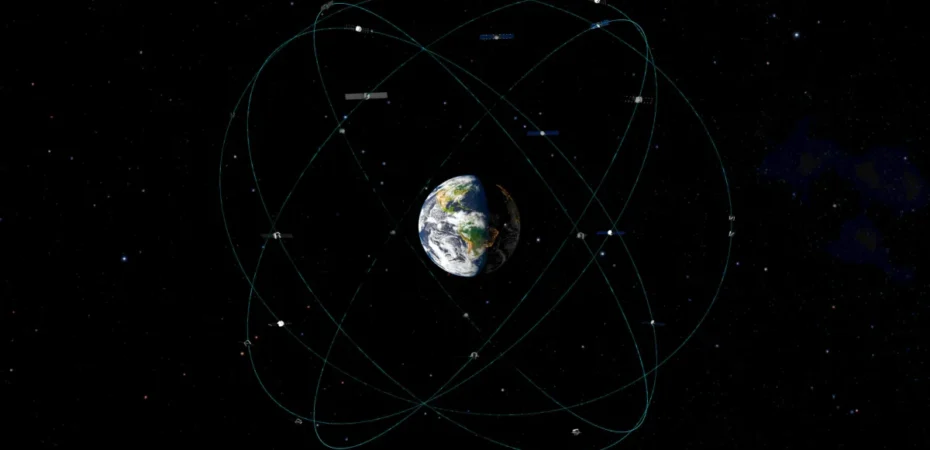The U.S. Space Force has begun contracting for a project to develop a backup to military GPS. The project, known as Resilient GPS (R-GPS) aims to enhance U.S. military GPS capabilities with smaller, more affordable satellites to supplement the traditional GPS constellation. Astranis, one of the four companies selected in September to develop competing designs, has announced that it is teaming up with navigation startup Xona Space Systems. Astranis develops small GEO-sats providing internet connectivity, and Xona will provide positioning, navigation, and timing (PNT) algorithms to run on the new satellites designed by Astranis. The announcement in September mentioned that R-GPS would fulfill a need to provide backup sources for PNT data and functions. It is intended to ensure reliability in contested environments, where GPS signals are threatened by jamming. This initiative is part of a broader Air Force strategy targeting “great power competition” and involves addressing evolving security risks by enabling continuous GPS service under potential disruptions. The R-GPS design can enable foundational PNT bandwidth and multi-launch capacity for agile deployment.
While the primary idea around R-GPS was redundancy, this was not enough for the House to approve of the project. The House Appropriations’ defense subcommittee raised concerns about whether simply adding more satellites would effectively counter threats. Additionally, the program did not address ground equipment vulnerabilities, such as the lack of jamming-resistant M-code user equipment. The Space Force seems to have since addressed these concerns by adding additional measures. While the vision is still to create a layer of redundancy in GPS, Astranis’s collaboration with Xona employs alternative PNT systems to the traditional GPS constellation, and the new satellites will broadcast M-code signals, which is a highly secure military GPS signal, as well as standard frequencies. In addition, incorporating hardened communication links and anti-jamming technologies provides new layers of protection above simply adding extra satellites. The use of more distributed satellites offers a cybersecurity advantage by diversifying the attack surface, complicating adversaries’ ability to disrupt the entire system all at once while both the traditional and R-GPS backup systems are in place.
Erwin, Sandra. “Astranis Partners with Xona Space for U.S. Military GPS Backup Program.” SpaceNews, 1 Nov. 2024, https://spacenews.com/astranis-partners-with-xona-space-for-u-s-military-gps-backup-program/.
Erwin, Sandra. “Space Force Defends Plan to Buy Smaller, Cheaper Satellites to Reinforce GPS .” SpaceNews, 4 Sept. 2024, https://spacenews.com/space-force-defends-plan-to-buy-smaller-cheaper-satellites-to-reinforce-gps/.
